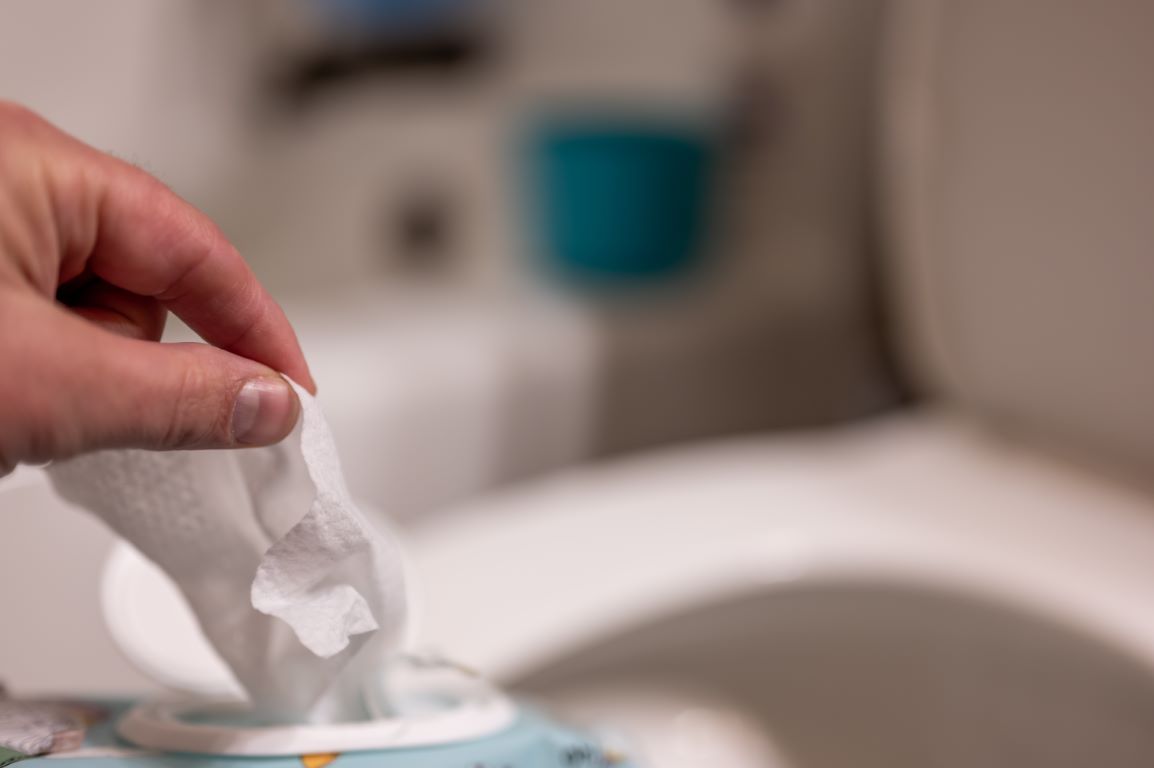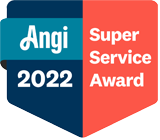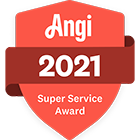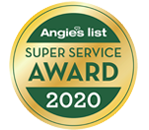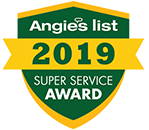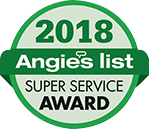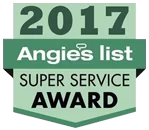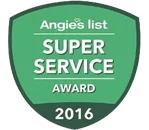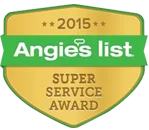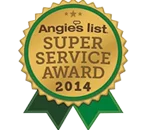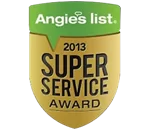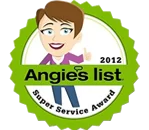In recent years, the popularity of flushable wipes has surged, promising enhanced cleanliness and convenience. Marketed as a convenient alternative to traditional toilet paper, these moist towelettes claim to be flushable. However, the question that arises is: are flushable wet wipes truly flushable? Are flushable wipes safe for your plumbing?
Below, we’ll take a closer look at flushable wipes, examining what “flushable” really means, the products that cause blockages, the environmental impact of these wipes, and whether or not you should flush them. We’ll also explore alternative options for maintaining personal hygiene.
Are Flushable Wipes Truly Flushable?
The term “flushable” on wipes packaging may lead consumers to believe that these products can be safely flushed down the toilet like toilet paper. However, the reality is more complicated. While flushable wipes are designed to disintegrate more easily than non-flushable products, they still pose challenges for wastewater systems.
What Does Flushable Really Mean?
The term “flushable” refers to products, such as wipes, that are marketed as suitable for disposal by flushing down a toilet. However, the definition lacks standardization, leading to confusion. While these items may flush easily, they often do not disintegrate as efficiently as toilet paper. This discrepancy poses challenges for wastewater systems, causing clogs and environmental concerns.
In reality, the label “flushable” doesn’t guarantee compatibility with plumbing or the environment, so consumers are urged to exercise caution and consider alternative disposal methods to mitigate potential issues in both household and municipal sewage systems.
Which “Flushable” Products Cause Blockages?
Despite being labeled as flushable, these wipes can still contribute to blockages in both household plumbing and municipal sewer systems. The reason lies in their composition – many flushable wipes contain synthetic fibers that do not break down as easily as toilet paper. In combination with other debris in the sewage system, these wipes can get caught up with “fatbergs,” large masses of congealed fat and non-biodegradable items that clog pipes and pumps.
Environmental Impact of Flushable Wipes
The environmental impact of flushable wipes extends beyond the issues they cause in wastewater systems. When these wipes reach water bodies, they contribute to pollution. Unlike toilet paper, which quickly breaks down, flushable wipes can persist in the environment, harming aquatic ecosystems and marine life. The plastic content in some wipes adds to the environmental concerns, contributing to the broader issue of plastic pollution.
Can I Flush Flushable Wipes?
Given the potential problems associated with flushing flushable wipes, it is advisable to avoid doing so whenever possible. Even if a wipe makes it through your household plumbing without issue, it may contribute to blockages further down the line. The safest practice is to dispose of flushable wipes in the trash.
Alternatives to Flushable Wipes
1. Traditional Toilet Paper
Stick to using traditional toilet paper, which is designed to break down quickly and efficiently in water.
2. Wet Wipes for Babies
Consider using wet wipes specifically designed for babies, as these are typically more biodegradable and designed to disintegrate more easily.
3. Bidet Attachments
Bidet attachments or bidet toilet seats offer a water-based cleaning alternative, promoting hygiene without the need for wipes.
4. Moistened Toilet Paper
If you prefer the moistened feel of wipes, moisten regular toilet paper with water or use pre-moistened toilet paper specifically designed to break down easily.
5. Reusable Cloth Wipes
For those looking to reduce waste, reusable cloth wipes can be used and washed, providing a sustainable alternative to disposable options.
Deciding Whether to Flush Flushable Wipes
While the convenience of flushable wipes may be appealing, their impact on plumbing and the environment raises important considerations. The term “flushable” lacks standardized regulations, contributing to the confusion surrounding these products. To mitigate the risk of clogs and environmental harm, it is advisable to refrain from flushing flushable wipes and explore alternative options that prioritize both personal hygiene and ecological responsibility.
What Should You Do If Your Plumbing Is Clogged with Flushable Wipes
The “flushable” debate forces us to reconsider our habits and choices for maintaining personal hygiene. By opting for alternatives that align with wastewater system compatibility and environmental sustainability, we can contribute to the health of our plumbing systems and the planet.
If you have a clogged pipe from using flushable wipes, call FORD’S Plumbing and Heating at (310) 815-1515 today and we’ll get it taken care of ASAP!


